Music
“The sheer joy of music making can feed the soul of a school community, enriching each student while strengthening the shared bonds of support and trust which make a great school” (Model Music Curriculum)
At Byker Primary School, we aim to inspire creativity, self-expression and to encourage a lifelong love of music. Our music curriculum reflects this in its approach to teaching and learning, as well as providing our children with various performance opportunities and exposing them to a variety of diverse musical experiences. As a school, we are ambitious in our approach to teaching music by allowing children to listen and respond to a variety of different musical styles. Our aim is to inspire and challenge all pupils and provide them with the knowledge and skills to develop a passion for music. We encourage our children to find their voices as singers, performers and composers, enabling them to become confident, reflective musicians.
Our Music curriculum is designed to encompass our school values and the drivers that support our learning;
Subject content Key stage 1
Pupils in Key Stage One will be taught to:
-
use their voices expressively and creatively by singing songs and speaking chants and rhymes
-
play tuned and untuned instruments musically
-
listen with concentration and understanding to a range of high-quality live and recorded music
-
experiment with, create, select and combine sounds using the inter-related dimensions of music.
-
Children will learn about significant people from around the world that are linked to the musical genre/focus they are studying. These significant people include those from the North East of England such as Sting, The Animals, Dire Straits, Lindisfarne and Little Mix.
Key Stage Two
Pupils in Key Stage Two will be taught to:
-
play and perform in solo and ensemble contexts, using their voices and playing musical instruments with increasing accuracy, fluency, control and expression
-
improvise and compose music for a range of purposes using the inter-related dimensions of music
-
listen with attention to detail and recall sounds with increasing aural memory
-
use and understand staff and other musical notations
-
appreciate and understand a wide range of high-quality live and recorded music drawn from different traditions and from great composers and musicians
-
develop an understanding of the history of music including significant individuals linked to the topic they are studying. Children will learn about the Supremes, the Temptations, the Four Tops, Marvin Gaye and Stevie Wonder and their link to civil rights movements.
-
Children will also learn about British Rock and its place in history focusing on bands like The Beatles, The Rolling Stones, The Specials and Oasis.
